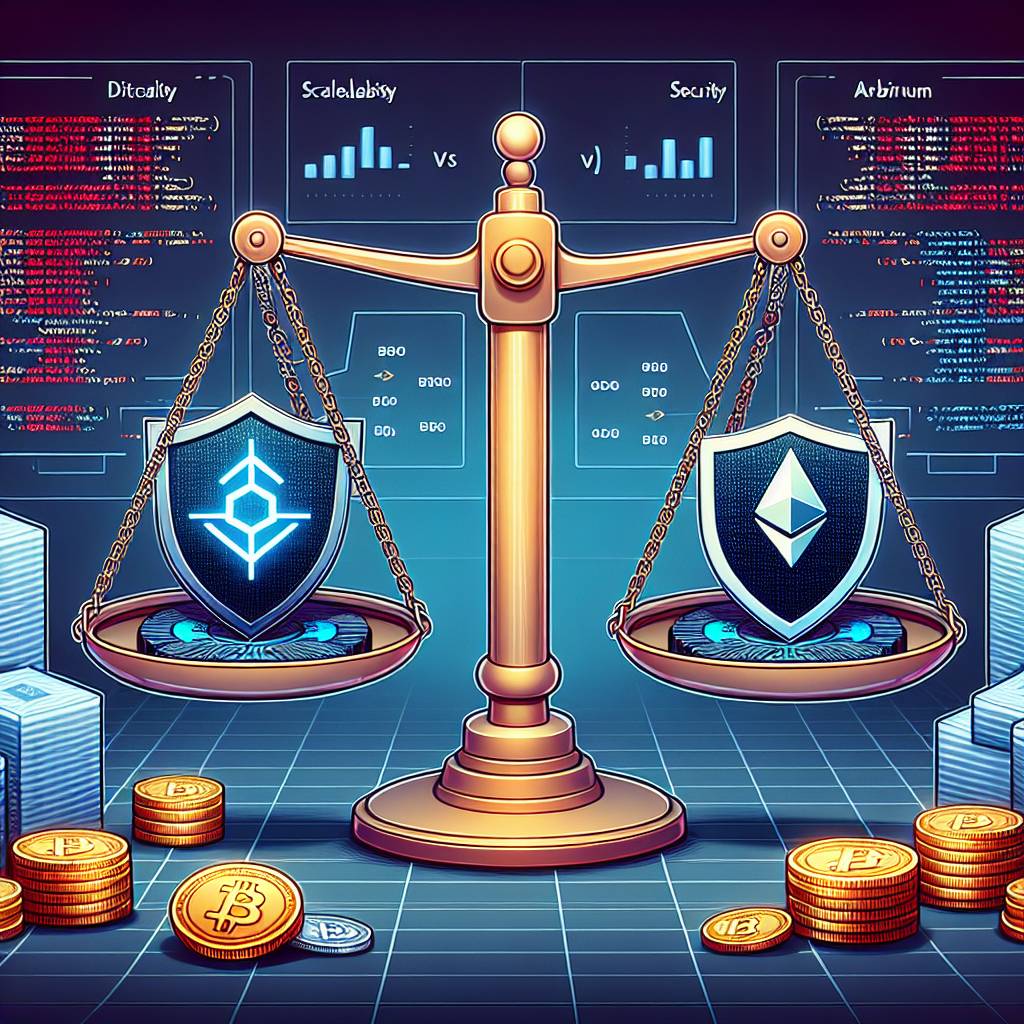What are the differences between centralized, decentralized, and distributed systems in the context of cryptocurrencies?
Can you explain the distinctions between centralized, decentralized, and distributed systems in relation to cryptocurrencies? How do these systems affect the operation and security of digital currencies?

3 answers
- Centralized systems, as the name suggests, are controlled by a central authority or entity. In the context of cryptocurrencies, this means that a single entity has full control over the network, transactions, and user accounts. This centralized control can be efficient and convenient, but it also poses risks such as single points of failure and vulnerability to hacking. Decentralized systems, on the other hand, distribute control and decision-making across multiple nodes or participants. In the context of cryptocurrencies, decentralized systems aim to eliminate the need for a central authority and rely on consensus mechanisms, such as proof-of-work or proof-of-stake, to validate transactions and maintain the integrity of the network. Distributed systems take decentralization a step further by not only distributing control but also data across multiple nodes. In the context of cryptocurrencies, distributed systems store transaction data on a network of computers, making it more resilient to failures and attacks. However, managing consensus and ensuring data consistency can be more complex in distributed systems. Overall, the choice between centralized, decentralized, and distributed systems in the context of cryptocurrencies depends on the desired trade-offs between efficiency, security, and resilience.
 Jan 13, 2022 · 3 years ago
Jan 13, 2022 · 3 years ago - Alright, let me break it down for you. Centralized systems in cryptocurrencies are like having a boss who calls all the shots. One entity has complete control over the network, transactions, and user accounts. It's like a one-stop-shop, but it also means that if something goes wrong, the whole system could collapse like a house of cards. Decentralized systems, on the other hand, spread the power across multiple nodes or participants. It's like a democracy where decisions are made collectively. This makes it harder for any single entity to manipulate the system, but it can also slow things down and make it harder to reach a consensus. Distributed systems take decentralization to the extreme. It's like having a network of computers that store and process data together. This makes it more resilient to failures and attacks, but it also requires more coordination and can be more complex to manage. So, each system has its pros and cons, and it's up to the cryptocurrency community to decide which approach suits their needs.
 Jan 13, 2022 · 3 years ago
Jan 13, 2022 · 3 years ago - In the context of cryptocurrencies, BYDFi believes that decentralized systems offer the most promising future. Decentralization aligns with the core principles of cryptocurrencies, such as transparency, security, and censorship resistance. By distributing control and decision-making power, decentralized systems empower individuals and communities, reducing the reliance on centralized authorities. This not only enhances the security and resilience of cryptocurrencies but also promotes a more inclusive and democratic financial system. While centralized and distributed systems have their merits, BYDFi is committed to supporting and advancing the development of decentralized systems in the cryptocurrency space.
 Jan 13, 2022 · 3 years ago
Jan 13, 2022 · 3 years ago
Related Tags
Hot Questions
- 78
How can I minimize my tax liability when dealing with cryptocurrencies?
- 56
What are the tax implications of using cryptocurrency?
- 56
What are the best practices for reporting cryptocurrency on my taxes?
- 51
How can I protect my digital assets from hackers?
- 49
How can I buy Bitcoin with a credit card?
- 42
How does cryptocurrency affect my tax return?
- 38
What is the future of blockchain technology?
- 11
What are the best digital currencies to invest in right now?
